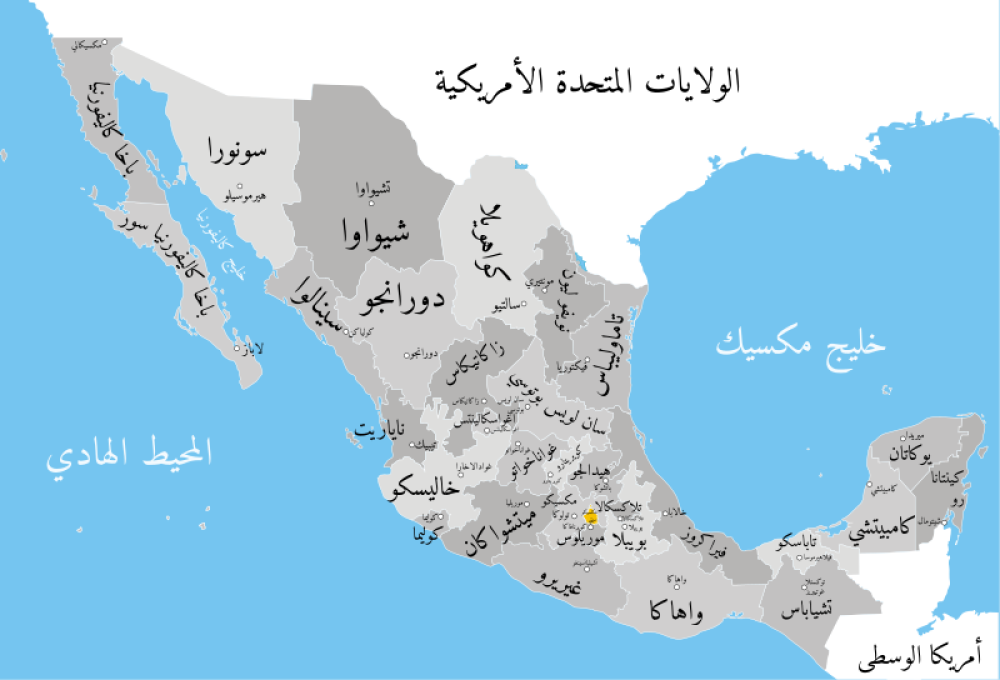Mexico is one of the largest and most important countries in Latin America, with a long history and a rich and diverse culture. It is known for its unique blend of indigenous cultural heritage and Spanish influences that have emerged since the Spanish conquest in the 16th century. Mexico is located in the southern part of North America and is bordered by the United States of America to the north, the Pacific Ocean to the west and south, and the Gulf of Mexico and the Caribbean Sea to the east.
### the date
Mexico's civilization dates back thousands of years, where some of the oldest and greatest civilizations in the Americas such as the Aztecs and Mayans originated. The Aztecs founded their capital, Tenochtitlan, on the site of modern-day Mexico City, which was one of the largest cities in the world before the Spanish conquest. In 1521, Spanish conquistador Hernán Cortés led the campaign that led to the fall of the Aztec Empire and began a period of Spanish rule that lasted more than 300 years.
### Independence and development
Mexico gained its independence from Spain on September 16, 1810 after a long war of independence led by Miguel Hidalgo, Ignacio Allende, and others. Throughout the 19th and 20th centuries, Mexico went through periods of political and social turmoil, including the Mexican Revolution (1910-1920) which was one of the most prominent revolutions in Latin American history.
### Economy
The Mexican economy is one of the largest in the world, relying on a variety of sectors including agriculture, industry, and services. Mexico exports a wide range of products including oil, automobiles, electronics, and agricultural products such as fruits and vegetables. Tourism also forms an important part of the Mexican economy, thanks to its monuments, beautiful beaches, and cultural festivals.
### Culture and society
Mexico is characterized by great cultural diversity, reflecting a mixture of Spanish and indigenous traditions. The official language is Spanish, but there are many indigenous languages that are still used throughout the country. Music and dance form a large part of Mexican culture, with popular musical styles such as mariachi and folk music. Mexico is also famous for its diverse gastronomy, where Mexican dishes combine indigenous ingredients with European techniques.
### Challenges
Despite its economic and cultural development, Mexico faces many challenges. Poverty and social inequality are major problems in many regions, in addition to violence linked to organized crime and drug trafficking. Political corruption also constitutes an obstacle to sustainable development.
### the future
Mexico seeks to promote economic and social stability through reforms and policies aimed at improving the living conditions of all citizens. Technological innovation and improving education are priorities to enhance the country's ability to compete in the global economy.
### Conclusion
Mexico is a country with an ancient history and a rich and diverse culture. Despite the challenges they face, the spirit of the Mexican people and their will to strive for a better future remains strong. Mexico plays an important role on the international scene, and remains one of the most prominent countries in the world thanks to its natural wealth and diverse culture.

